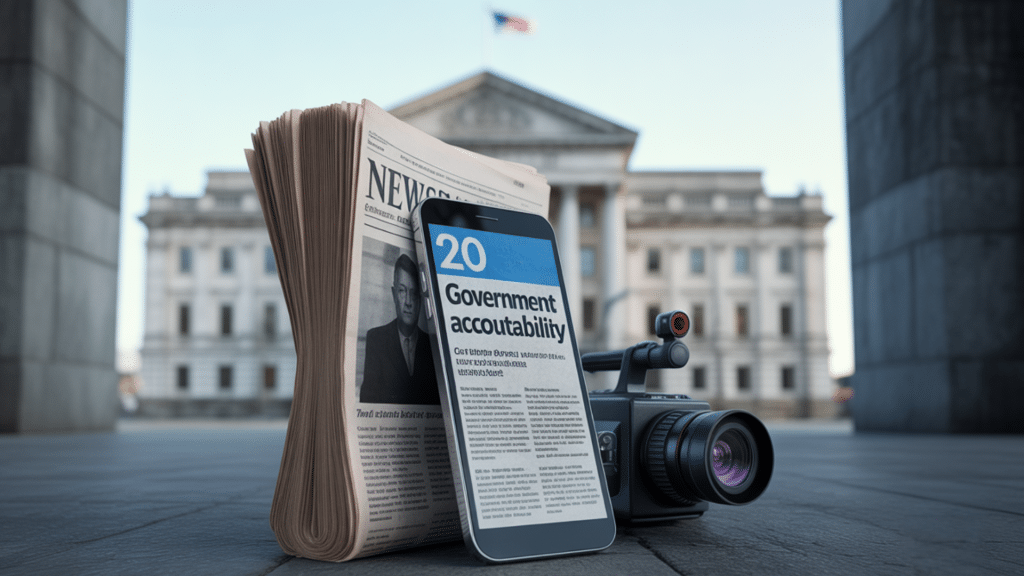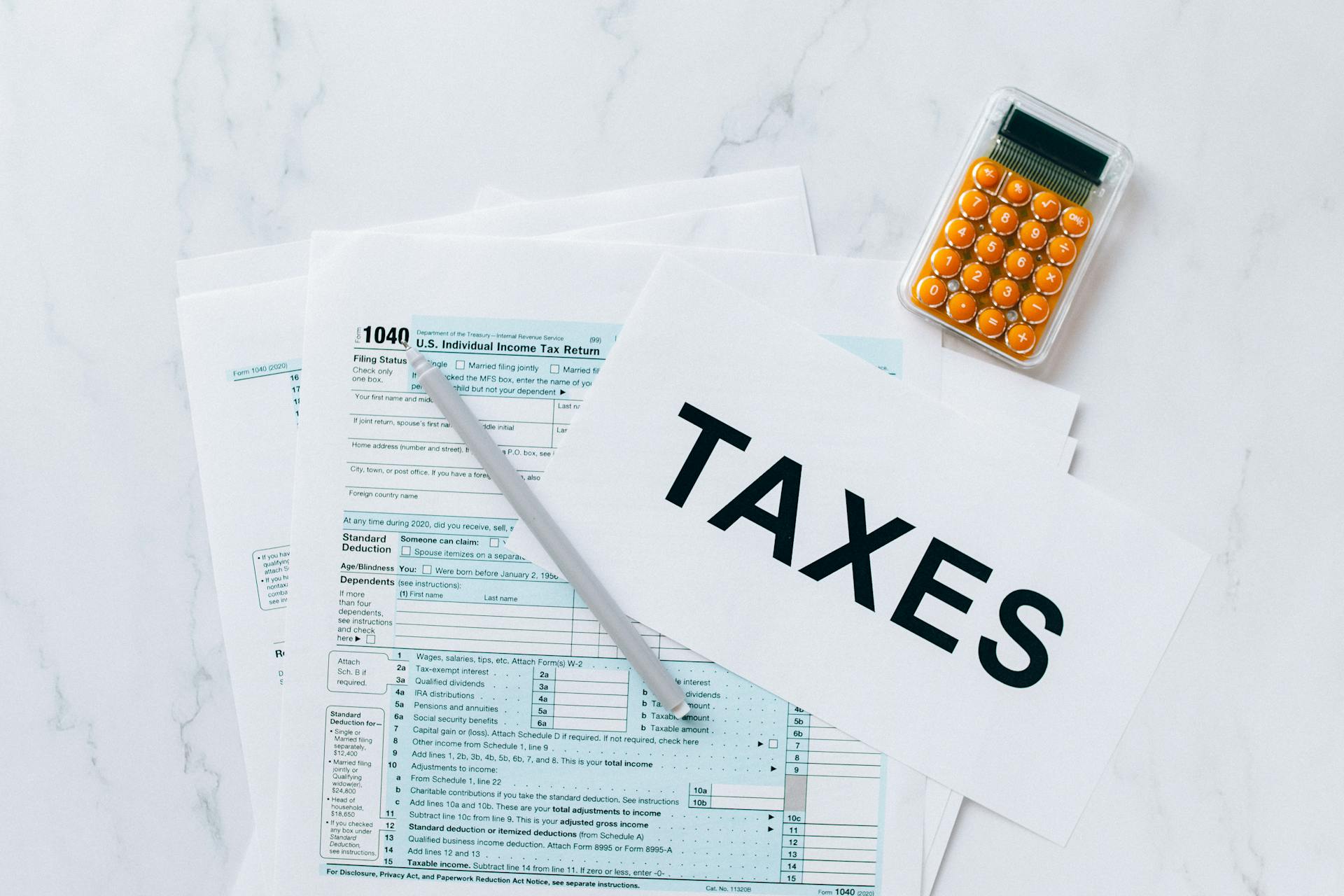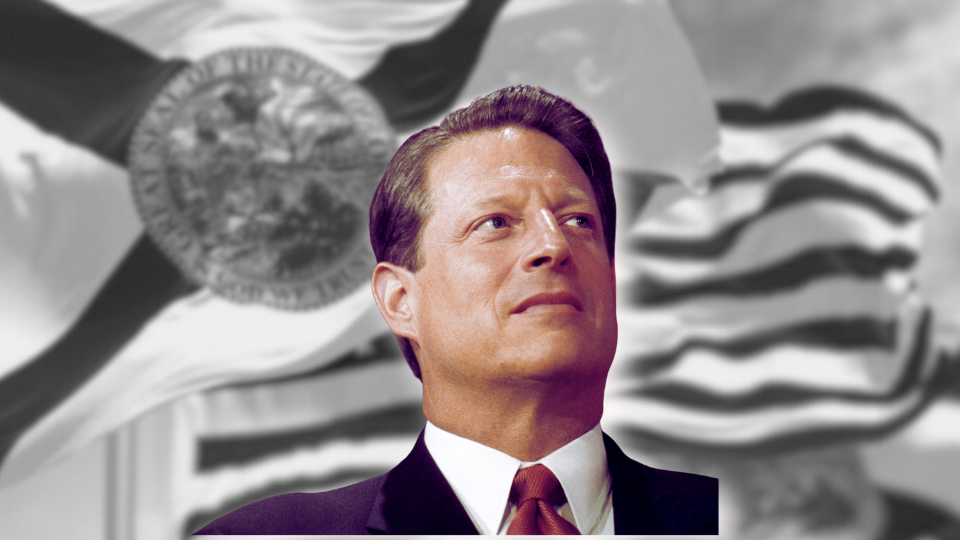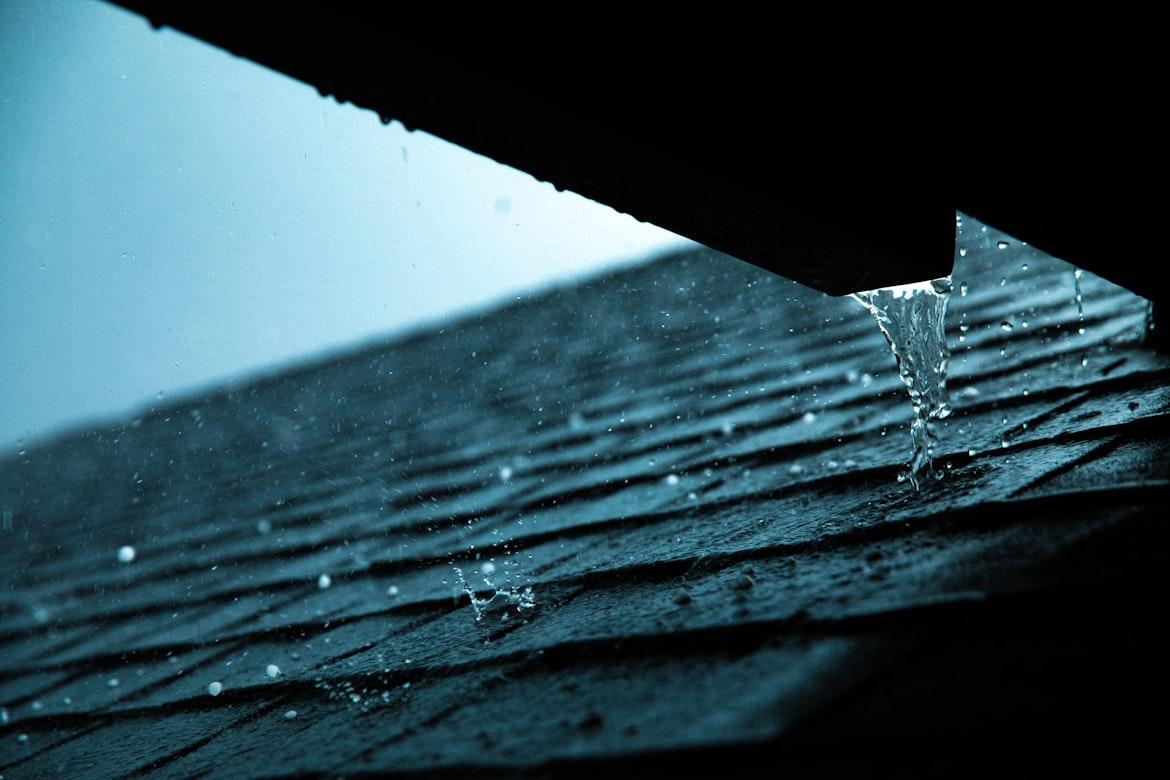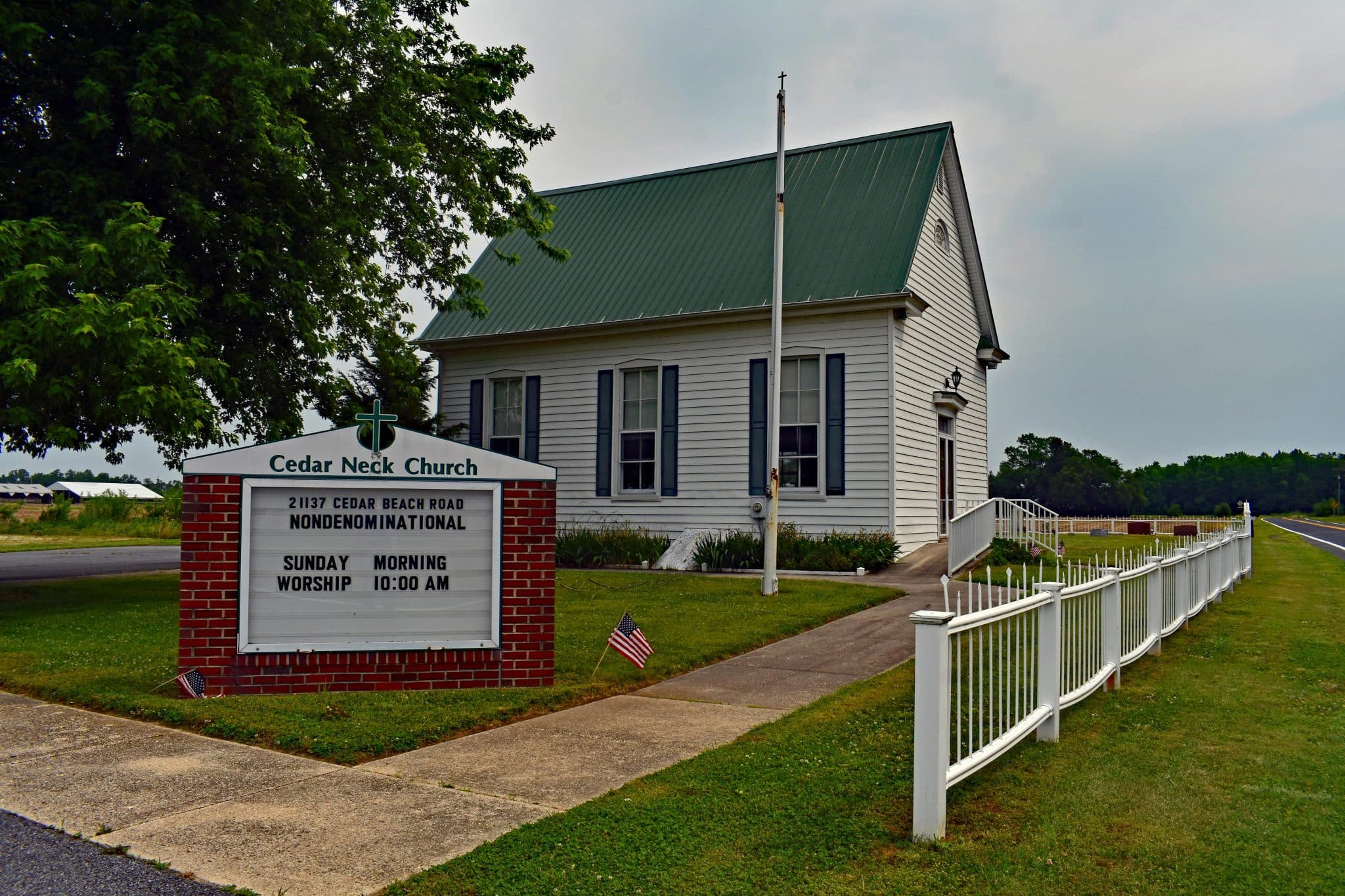Why do some political scandals stay hidden for years, while others make headlines overnight?
The answer often lies in the power of the media.
From newspapers to television, and now digital platforms, the media plays a crucial role in uncovering corruption, holding leaders accountable, and shaping public opinion.
Without journalists, whistleblowers, and investigative reporting, many scandals would remain hidden from the public eye.
In this blog, I’ll show you the role of media in exposing political scandals, explain how different forms of media bring the truth to light, and highlight why this process remains central to healthy democracies worldwide.
The Importance of Media in Politics
The media has long been described as the “fourth pillar of democracy.” This function is especially vital in politics, where decisions affect millions of lives.
It acts as a watchdog, keeping an eye on those in power. By reporting on wrongdoing, the media:
- Reveals hidden misconduct.
- Creates transparency between leaders and citizens.
- Pressures governments to respond to public concerns.
- Ensures accountability when systems fail.
How Media Exposes Scandals?
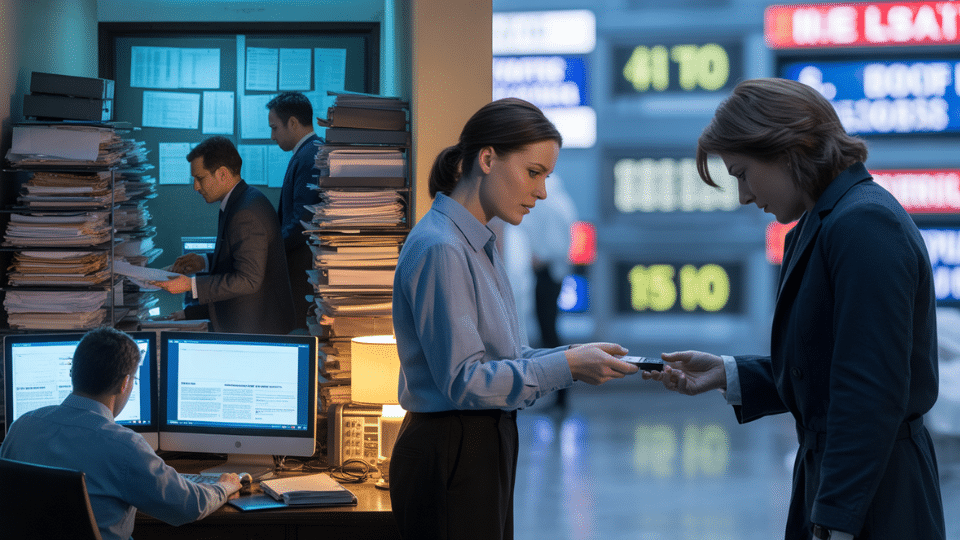
The media uses different ways to bring scandals into the open. Sometimes it takes months of hard work, and other times it happens in seconds through social media.
Each method plays a big part in showing the public what leaders try to hide.
1. Investigative Journalism
Some scandals are uncovered only because reporters keep digging.
Investigative journalism means going deeper than normal news stories. Journalists collect documents, talk to sources, and check facts again and again.
This work can take months or even years.
A well-known example is Watergate in the 1970s, when two reporters from The Washington Post revealed secret actions that forced a U.S. president to resign.
Their work showed how careful reporting can change history.
2. Whistleblowers and Leaks
Many scandals stay secret until someone on the inside speaks out.
These people are called whistleblowers. They often take big risks to share hidden information with reporters.
Journalists then check the facts, protect the source, and publish the story.
Famous leaks like the Panama Papers showed how powerful people were hiding money overseas.
Without the media, these stories might never have reached the public.
3. Real-Time Digital Coverage
Today, scandals spread faster than ever before.
Social media, websites, and online news mean a single photo, video, or leaked message can reach millions within minutes.
This speed makes it hard for leaders to hide problems.
While fast news can sometimes spread mistakes, it also forces quick responses and keeps scandals in the spotlight until action is taken.
Examples of Media Exposing Scandals
These cases show how vital the media is in revealing truths that reshape politics.
| Scandal | Media’s Role | Outcome |
|---|---|---|
| Watergate (1970s, U.S.) | Reporters from The Washington Post investigated Nixon’s cover-up. | Led to Nixon’s resignation. |
| Panama Papers (2016) | Global media collaboration analyzed leaked files. | Triggered resignations and reforms. |
| Cambridge Analytica (2018) | Journalists exposed the misuse of Facebook data. | Sparked global debate on data privacy. |
Why The Role of Media is Vital in Scandals?
1. Building Public Awareness: Scandals gain weight when citizens know about them. Media coverage explains complex issues in simple terms, making them understandable and urgent.
2. Creating Pressure for Action: Once a scandal dominates headlines, governments often cannot ignore it. Media attention can push for investigations, resignations, or new laws.
3. Safeguarding Democracy: Without media, scandals might remain hidden, eroding trust silently. The media acts as a bridge between those in power and the people they serve.
Challenges Media Faces
While the role of the media in exposing political scandals is clear, the process is not always easy.
- Political pressure: Governments may restrict reporting or target journalists.
- Misinformation: Not all media outlets maintain high standards, leading to confusion.
- Resource limits: Investigative journalism is expensive and time-consuming.
- Public fatigue: In the digital age, constant scandal coverage can overwhelm citizens.
Despite these hurdles, the media remains the strongest tool for accountability.
What Happens After Media Reveals a Scandal?
One of the most common results is the creation of new laws that close loopholes. After big scandals, governments are pushed to rewrite rules so the same kind of misconduct is harder to repeat.
Another major outcome is the resignation or removal of corrupt leaders. When the public sees proof of wrongdoing, pressure builds until leaders have no choice but to step down.
Media coverage also leads to stronger oversight and watchdog institutions. Governments may create new agencies or strengthen old ones to check contracts, monitor campaign spending, or investigate corruption more effectively.
Finally, scandals often inspire greater citizen participation. When people see the impact of investigative reporting, they may vote in higher numbers, join protests, or demand reforms.
Media exposure, in this way, not only uncovers misconduct but also helps prevent future abuses by keeping both leaders and institutions under constant public watch.
Conclusion
The role of media in exposing political scandals is one of democracy’s most powerful safeguards.
Journalists, whistleblowers, and digital platforms shine light on hidden truths that shape how people see their leaders.
From classic cases like Watergate to modern digital controversies, the media has shown its power to protect transparency and accountability.
Without this exposure, scandals might remain hidden, eroding trust in silence. In the end, scandals remind us that democracy depends on truth reaching the people.
What do you think? Has the media done enough in exposing political scandals, or is there still much more work to be done?

